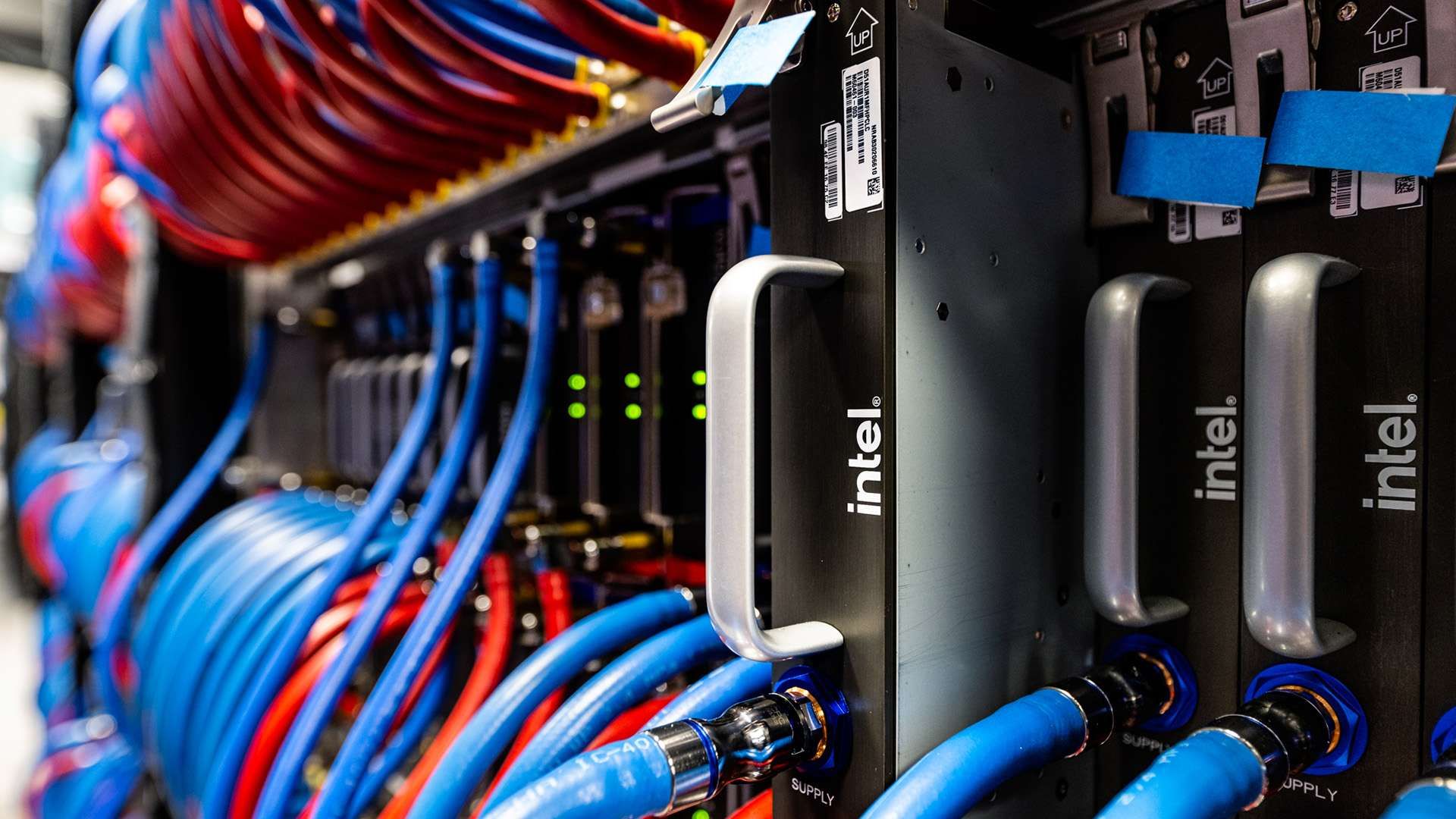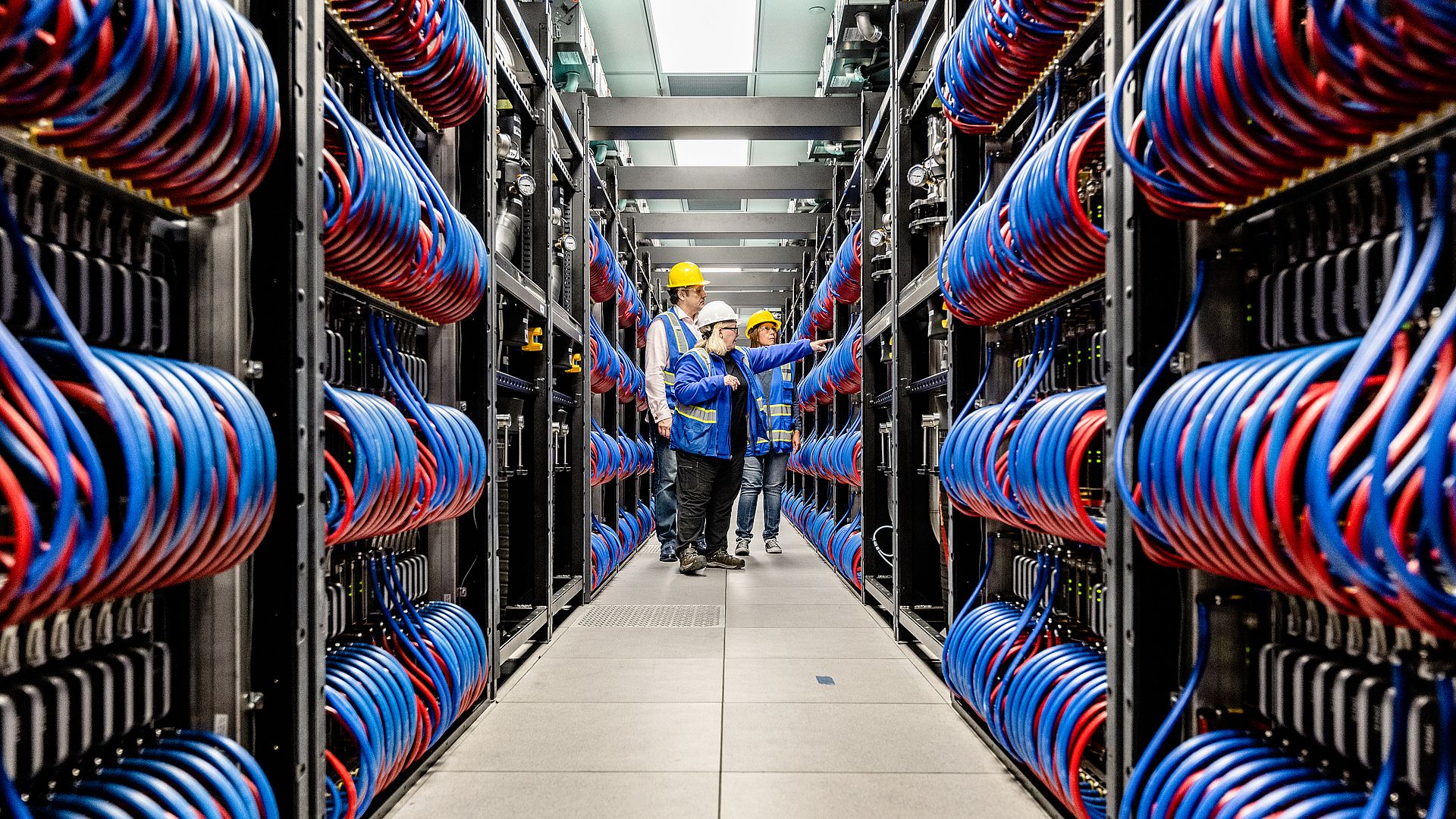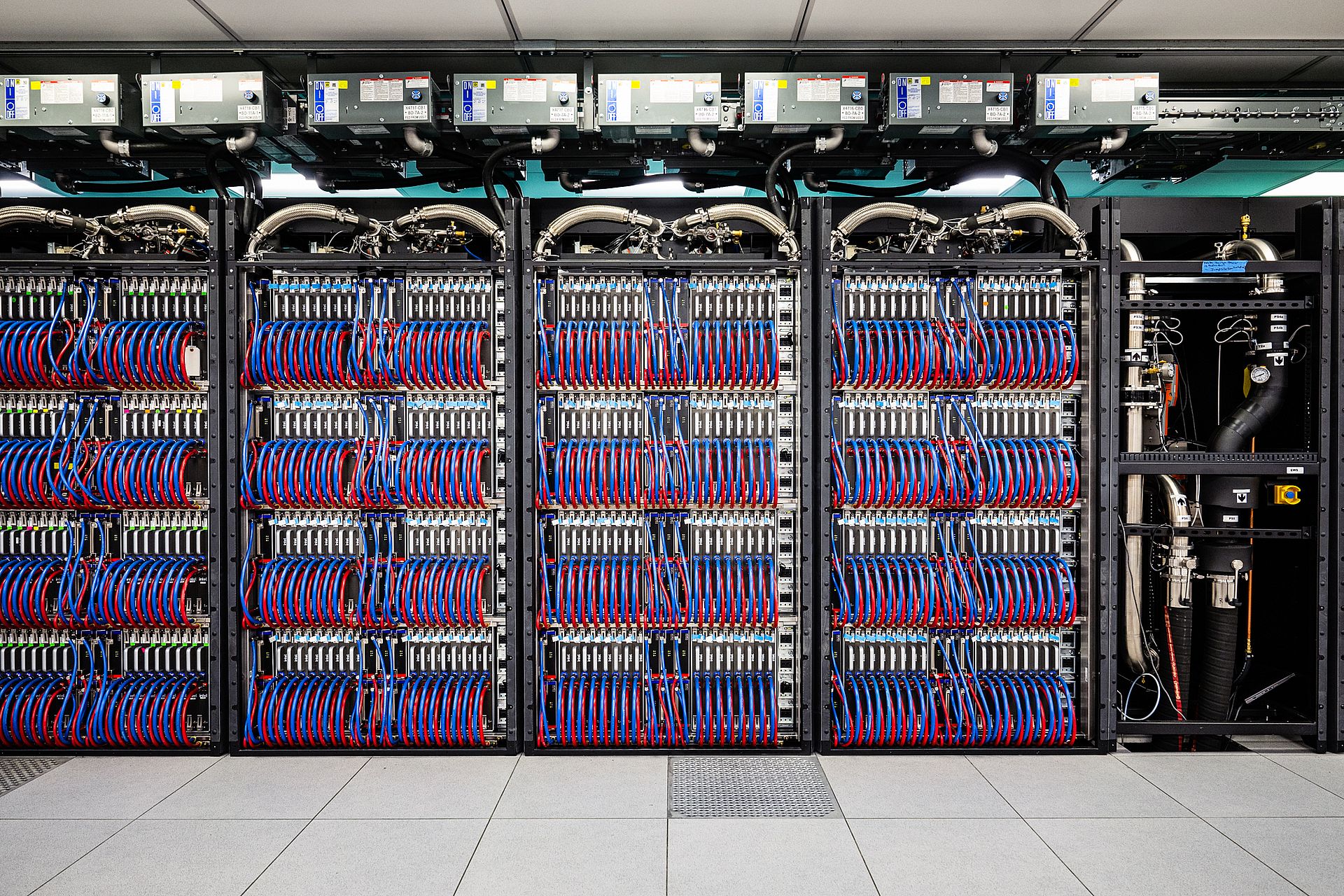At Argonne National Laboratory in Illinois, the Aurora supercomputer stands at the forefront of high-performance computing and artificial intelligence. Developed by Intel and Hewlett Packard Enterprise, Aurora achieves exascale computing — performing a quintillion calculations per second. Quite impressive, right? Here is a closer look at it.
Exploring the Aurora supercomputer
The Aurora supercomputer, located at Argonne National Laboratory in Illinois, represents a pinnacle in high-performance computing (HPC) and artificial intelligence (AI), designed to drive scientific research forward across various disciplines.
Aurora was developed as part of a collaboration between Intel and Hewlett Packard Enterprise (HPE), with a primary goal of achieving exascale computing capabilities. Exascale computing refers to the ability to perform a quintillion (10^18) calculations per second, marking a significant leap in computational power.

Aurora supercomputer has achieved a processing speed of 1.012 exaflops, making it one of the fastest AI-centric supercomputers in the world. This capability allows researchers to handle immense amounts of data and complex simulations with unprecedented speed and accuracy. Here is its hardware configuration:
- Compute nodes: Aurora consists of 10,624 compute nodes, each equipped with Intel Xeon CPU Max Series processors.
- Graphics Processing Units (GPUs): It incorporates 63,744 Intel Data Center GPU Max Series units, forming one of the largest GPU clusters globally.
- Interconnect: The supercomputer features an advanced Ethernet-based interconnect system, crucial for high-speed data transfer and communication between nodes.
Aurora supercomputer utilizes Intel’s advanced software stack, including the oneAPI development toolkit, which supports a range of programming languages and frameworks essential for AI and scientific computing.
AI optimization is a key focus, leveraging Intel’s Xe GPU architecture tailored for both AI and HPC tasks. This architecture enables efficient handling of complex neural network computations and deep learning algorithms.
What makes a computer “super”?
Applications and scientific impact
Aurora supercomputer significantly impacts scientific research by facilitating groundbreaking studies in climate science, materials science, energy storage, fusion energy, and neuroscience. In climate science, it accelerates simulations of complex climate patterns, aiding in understanding and predicting environmental changes crucial for addressing global challenges.

In materials science, Aurora enables detailed simulations to explore material behaviors and predict properties, essential for developing new materials for various applications from aerospace to biomedical engineering.
For energy storage and fusion research, Aurora enhances simulations to improve energy technologies and optimize fusion processes, contributing to sustainable energy solutions.
In neuroscience, Aurora’s high computational power allows for precise mapping of neural networks, advancing our understanding of brain function and supporting research into neurological disorders.
Impact on AI
Aurora supercomputer integrates advanced AI models with Intel’s Xe GPU architecture, enhancing capabilities in data analytics, pattern recognition, and predictive modeling across scientific disciplines. This integration accelerates scientific discovery by enabling researchers to process vast amounts of data and deploy sophisticated AI algorithms at scale.
Infrastructure and operation
Managed by Argonne National Laboratory, Aurora supercomputer operates under stringent security and operational protocols to ensure reliability, data protection, and continuous availability for researchers. Its robust infrastructure supports extensive computational capabilities, making it a cornerstone for high-performance computing and AI research.

Future
Future advancements in Aurora’s hardware and software technologies will further enhance its AI capabilities and support larger-scale simulations. Collaborative initiatives like the Unified Acceleration Foundation underscore Aurora’s commitment to open standards and global collaboration, driving innovation in AI and scientific research.
In conclusion, Aurora supercomputer represents a transformative leap in computational science, empowering researchers worldwide to tackle complex scientific challenges and accelerate the pace of discovery across various disciplines.
Featured image credit: Argonne Leadership Computing Facility





